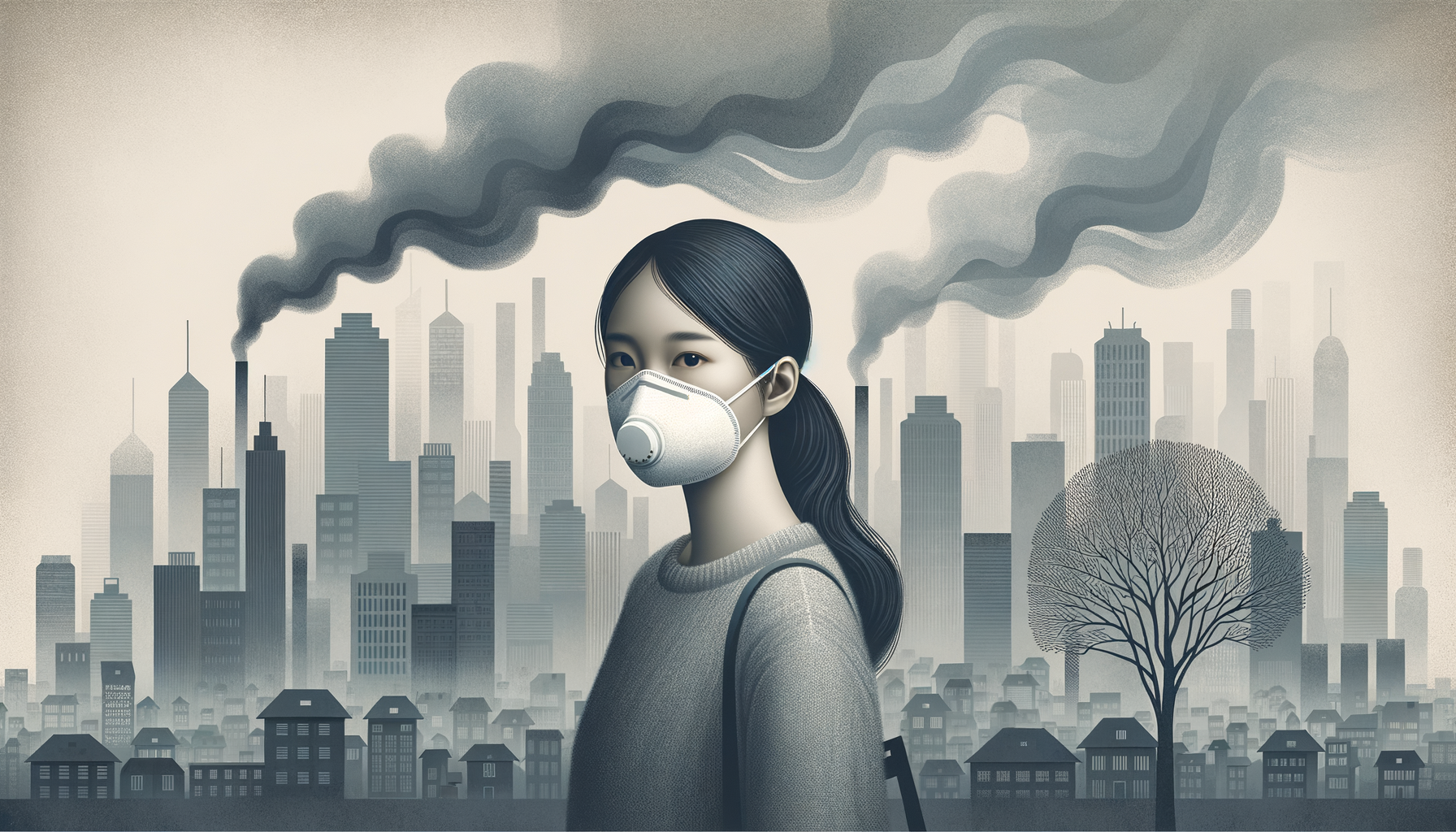Introduction
The intricate relationship between the environment and human health is a topic of increasing concern and scrutiny. The environment, in its broadest sense, encompasses all the physical, chemical, and biological factors external to a person, and all the related behaviors. It is now widely acknowledged that environmental factors play a significant role in the prevalence and distribution of health conditions and diseases. This article delves into the latest research findings on the environmental impact on health, focusing on pollution-related diseases, climate change health effects, and biodiversity loss impact.
Pollution-Related Diseases

The insidious effects of pollution on human health are far-reaching and multifaceted. Air pollution, for instance, has been linked to a plethora of health conditions, including respiratory diseases such as asthma and chronic obstructive pulmonary disease (COPD), cardiovascular diseases, and even certain types of cancer. The World Health Organization estimates that around 7 million people die each year from exposure to fine particles in polluted air.
Water pollution, on the other hand, can lead to gastrointestinal illnesses, reproductive problems, and neurological disorders. Contaminated water can transmit diseases such diarrhoea, cholera, dysentery, typhoid, and polio. It is estimated that contaminated drinking water is responsible for 485,000 diarrhoeal deaths each year.
Soil pollution, though less discussed, is equally detrimental. It can lead to a range of health issues, from skin diseases to various forms of cancer. The ingestion, inhalation, or direct contact with contaminated soil can introduce hazardous substances into the human body, leading to acute and chronic health effects.
Climate Change Health Effects
Climate change is not just an environmental issue; it is a significant public health threat. The health impacts of climate change are diverse and far-reaching. Rising temperatures, for instance, can lead to an increase in heat-related illnesses and deaths. Extreme heat can cause heat stroke and dehydration, and exacerbate chronic cardiovascular and respiratory diseases.
Changes in precipitation patterns can affect the supply of fresh water, leading to water-borne diseases. Increased rainfall and flooding can contaminate freshwater supplies and heighten the risk of diarrhoeal disease. On the other hand, drought can lead to water scarcity, affecting not only drinking water supplies but also food production, leading to malnutrition and famine.
Climate change can also alter the distribution of disease vectors, leading to the spread of infectious diseases. For instance, warmer temperatures can expand the habitat of mosquitoes, increasing the incidence of mosquito-borne diseases such as malaria and dengue fever.
Biodiversity Loss Impact
Biodiversity loss is another environmental issue with significant health implications. Biodiversity, the variety of life on Earth, plays a crucial role in maintaining the balance of the Earth’s ecosystems and in providing essential ecosystem services such as food provision, water purification, and disease control.
The loss of biodiversity can disrupt these services and lead to disease emergence. For instance, the loss of predators or competitors can allow disease-carrying species to thrive, increasing the risk of disease transmission to humans.
Moreover, biodiversity loss can affect the availability and quality of food and water, leading to malnutrition and water-borne diseases. It can also contribute to climate change, exacerbating its health impacts.
Conclusion
In conclusion, the environment plays a pivotal role in human health. Pollution, climate change, and biodiversity loss are not just environmental issues; they are significant public health threats. Understanding and addressing these environmental determinants of health is crucial for promoting and protecting public health. As the environment continues to change, so too will the challenges we face in maintaining and improving human health. Therefore, it is imperative that we continue to research and understand these complex relationships, and take action to mitigate the adverse environmental impacts on health.





